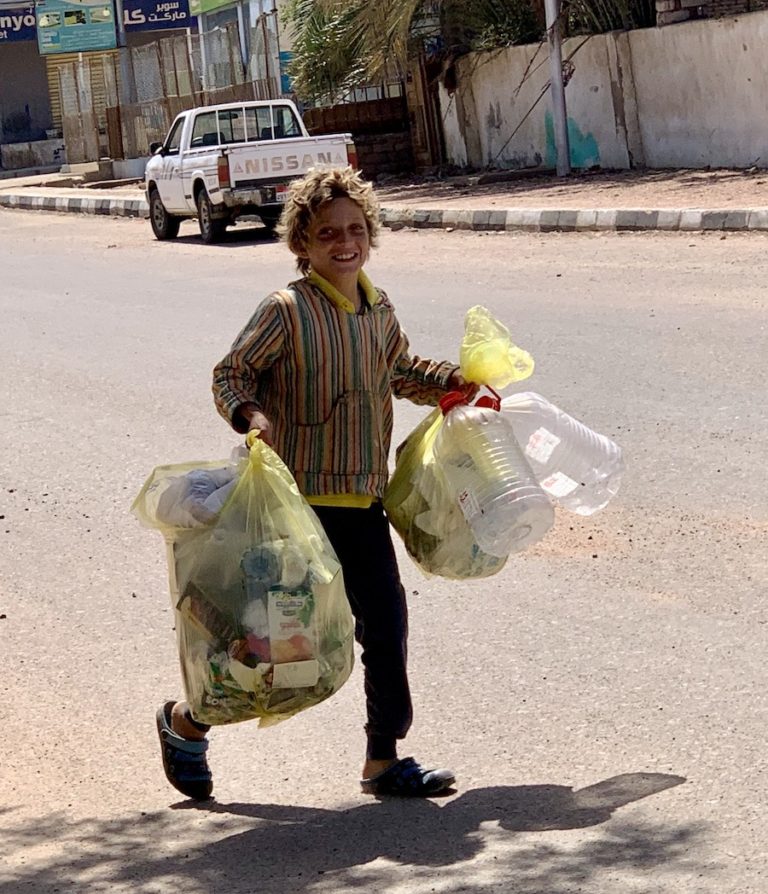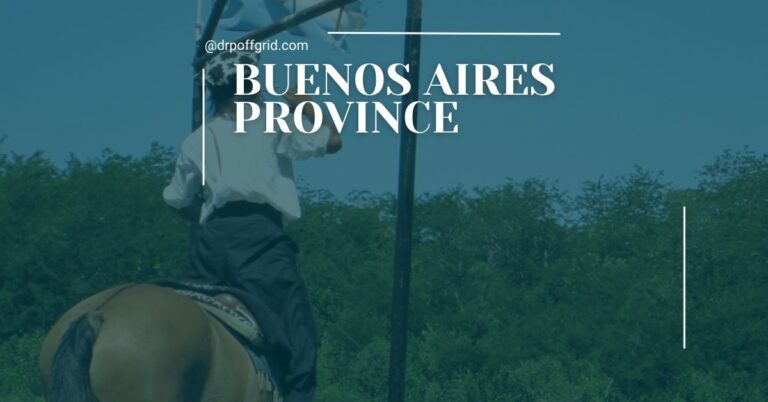
World Education means learning about the world
Learning about the world means learning about more than one nation. The word “Education” means receiving and processing information. Therefore World Education means to receive and to process information about the world.
WORLD EDUCATION responds to the question: what do you know about the world? do you have any knowledge that relates to a country other than your own?
What are some examples of Education About the World?
There are numerous ways to broaden one’s understanding of the world through different educational examples. For instance, one can study the flags of various countries, delve into the indigenous languages spoken by indigenous peoples in Argentina, explore the diverse religions practiced in Egypt, learn to cook recipes from Eastern Europe, or analyze the intricate relationship between global education and the environment. These varied elements, encompassing both general and specific knowledge, as well as regional and comprehensive perspectives, all contribute to an individual’s overall comprehension and learning about the world.
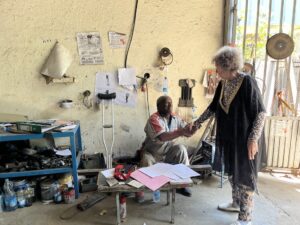


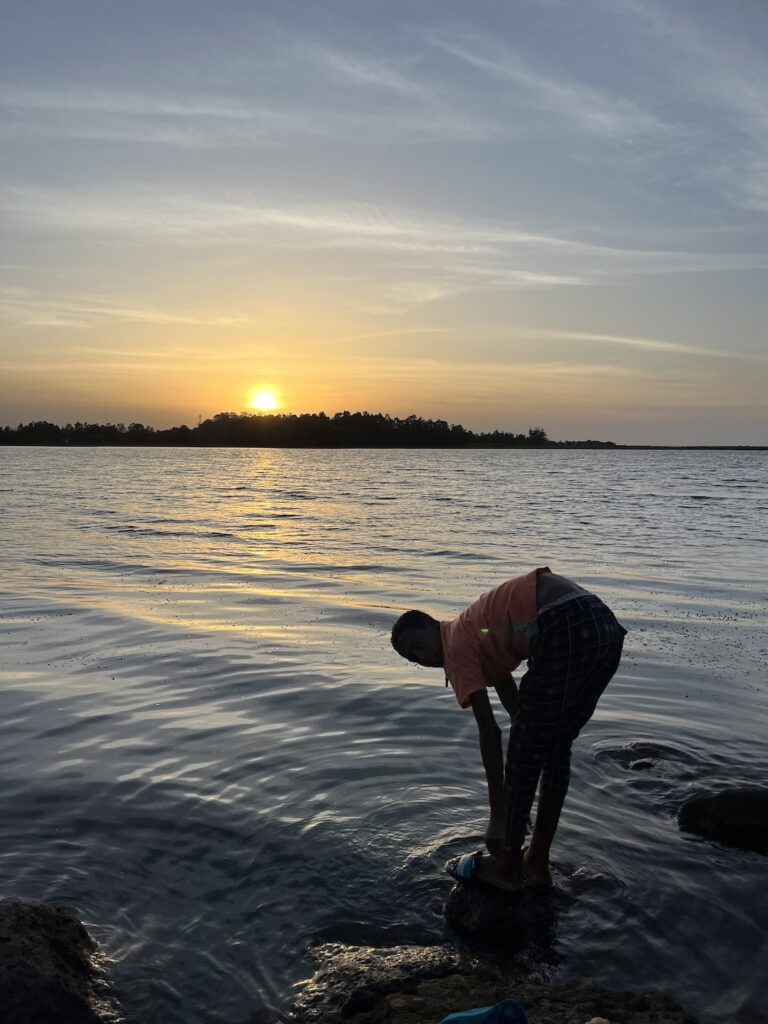
WORLD EDUCATION vs GLOBAL EDUCATION
WORLD EDUCATION is learning issues about the world
GLOBAL EDUCATION is learning about the interconnectedness of issues about the world
The Power of Understanding: Why Education About the World Matters
We all live in a growing interconnected world where barriers between nations and ways of doing things are becoming more visible. Also there are a few other reasons I mention below:
Opening Up Minds
Education about the world is crucial for individuals of all ages and backgrounds. It serves as a window to different cultures, histories, and perspectives. By learning about the world, we broaden our horizons and gain a deeper understanding of the complexities that shape our global society.
Nurturing Curiosity
By nurturing a sense of wonder about the world around us, we cultivate a spirit of discovery and innovation that can drive positive change in our communities and beyond.
Breaking Barriers
When we are knowledgeable about different countries and their customs, we are better equipped to communicate and collaborate with individuals from diverse backgrounds. This leads to greater empathy, tolerance, and unity in an increasingly interconnected world.
Empowering Decision-Making
Whether it’s understanding global issues, analyzing different perspectives, or evaluating the impact of our actions, an informed mind is a powerful tool in navigating the complexities of the modern world.
Fostering Global Citizenship
Education about the world encourages us to think beyond our own borders and take responsibility for the well-being of all humanity. By promoting values of diversity, sustainability, and cooperation, we can work together to create a more inclusive and equitable world for future generations.
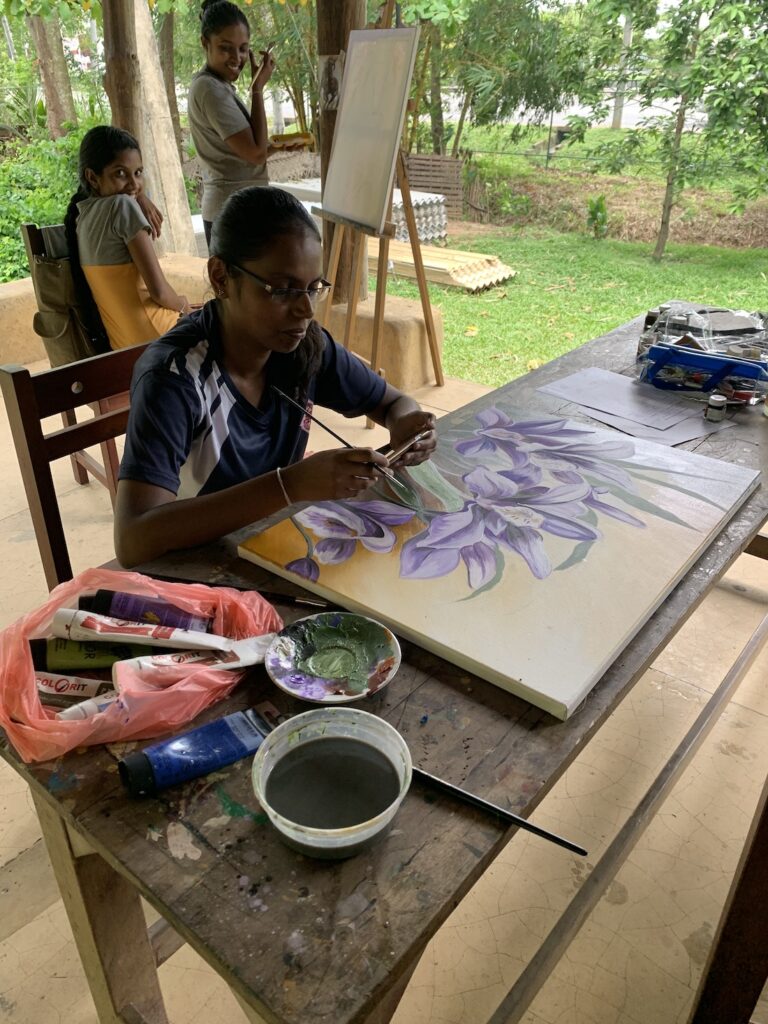
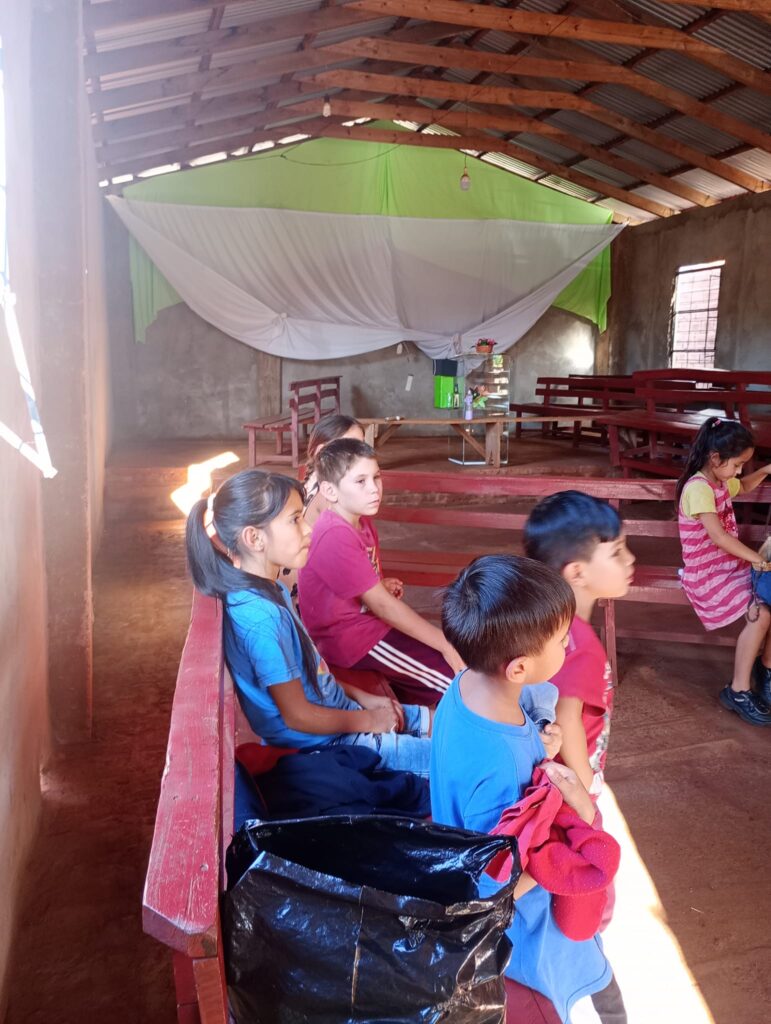
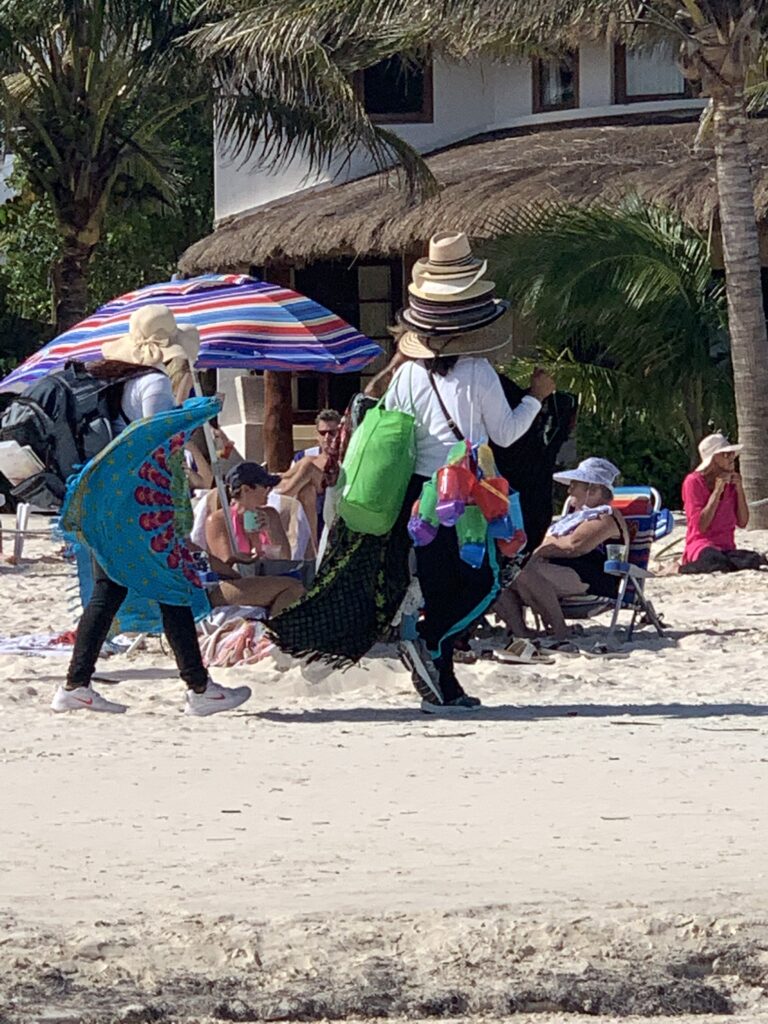
The significance of global education cannot be overstated. Education is crucial in shaping individuals into well-rounded, knowledgeable citizens who can contribute positively to society. It provides people with the necessary skills and knowledge to pursue their goals and aspirations, ultimately leading to personal growth and development. Moreover, education plays a vital role in promoting equality and reducing poverty by empowering individuals to secure better job opportunities and improve their quality of life. In essence, education about the world is important because it has the power to transform lives and create a more prosperous and sustainable future for all.
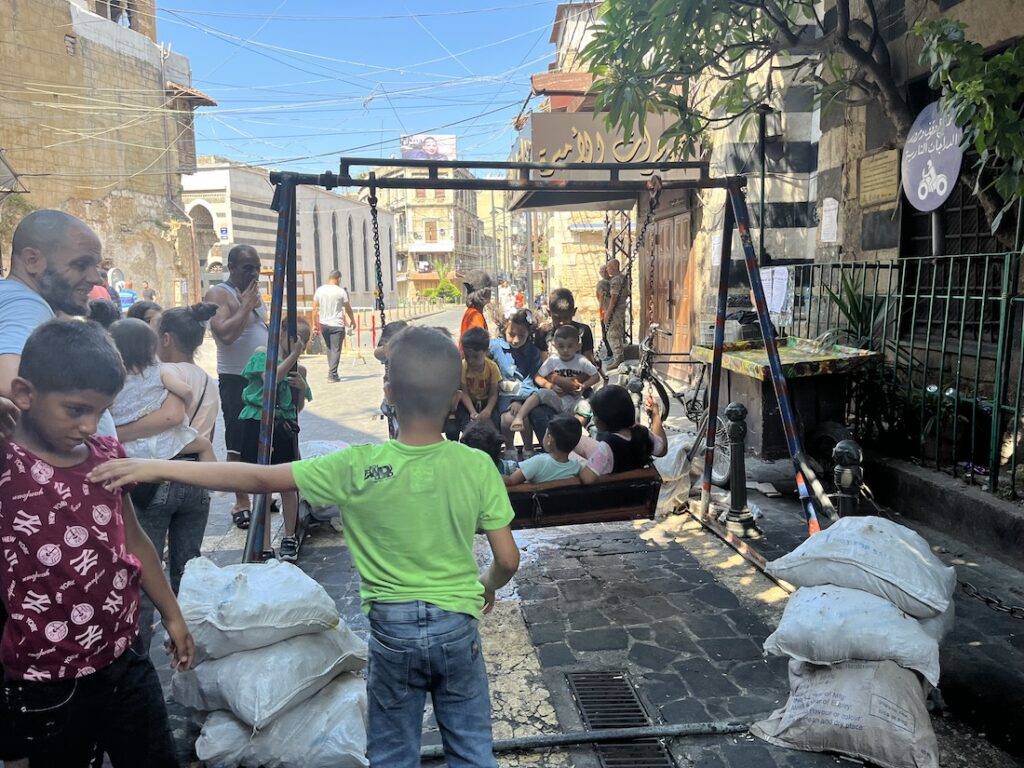
EDUCATION ABOUT THE WORLD MUST BE INCLUSIVE
To cultivate a truly inclusive and diverse educational environment, it is essential to challenge the dominant idea of defining “world education” solely from the perspectives of supposedly “developed” countries. Instead, let us work towards a consensus that arises from meaningful conversations among nations and recognize that there is much to be gained from education systems that do not commercialize their educational settings. By adopting this alternative approach, we affirm that every nation plays a crucial role in shaping the definition of world education. Together, we can establish a more inclusive and fair educational framework that authentically reflects the shared aspirations of all nations.
What are the different definitions of education and the world?
Definitions are meant to provide clarity and promote a shared understanding. However, some individuals do not adhere to academic terminology and instead rely on general knowledge. When examining definitions on a global scale, it becomes apparent that there is a lack of distinction in the usage of various terminologies related to the world. This is particularly concerning when considering the educational context, which should establish a solid framework of reference. Therefore, my objective here is to organize and enhance our understanding of the world.
EDUCATION ABOUT THE WORLD CAN BE DIVIDED IN THE FOLLOWING SEVEN CATEGORIES:
Below is what I use as my preferred frame of reference as to how to learn, understand, and include the world as a learning canvas
1- Global Education, 2- International Education, 3- Cultural/Culture Education, 4- Global/International Development Education, 5- Global Poverty Education, 6- Global Volunteer Education, 7- Universal Education
DEFINITIONS FOR THERD “Education” WITHIN WORLD’s CONTEXT MUST BE INCLUSIVE AND BASED ON KNOWLEDGE
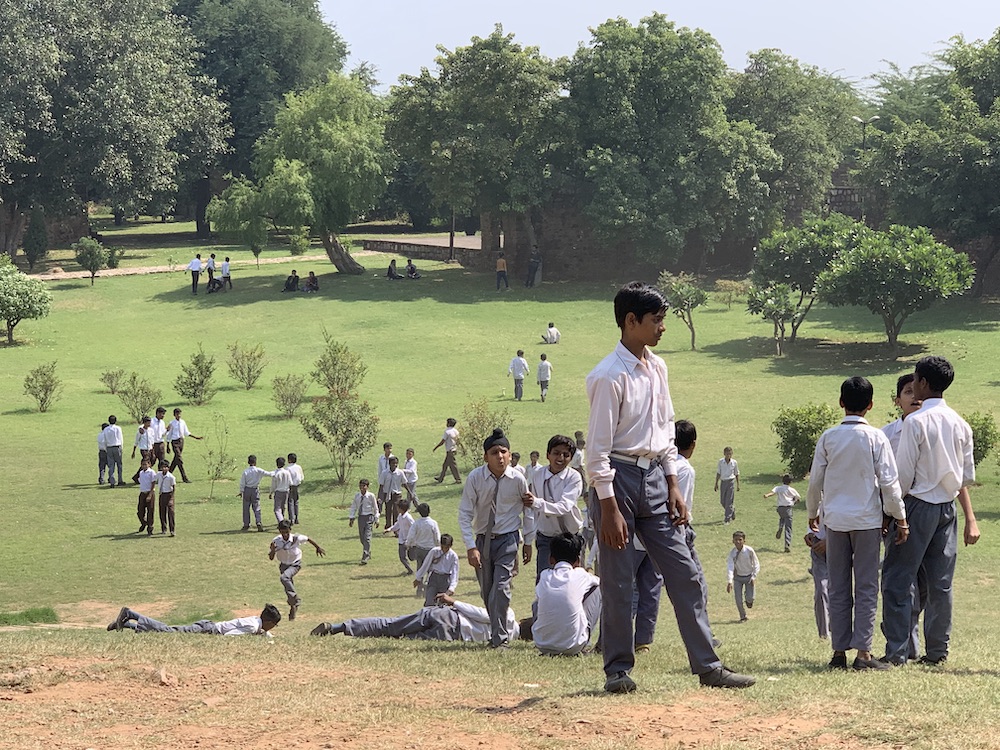
The Universal Declaration on Human Rights, adopted in 1948, proclaims in Article 26: “Everyone has the right to education.” Therefore International human rights law guarantees the right to education.
Learning is a human right and one that must be taken seriously, with the knowledge base granted by Education.
